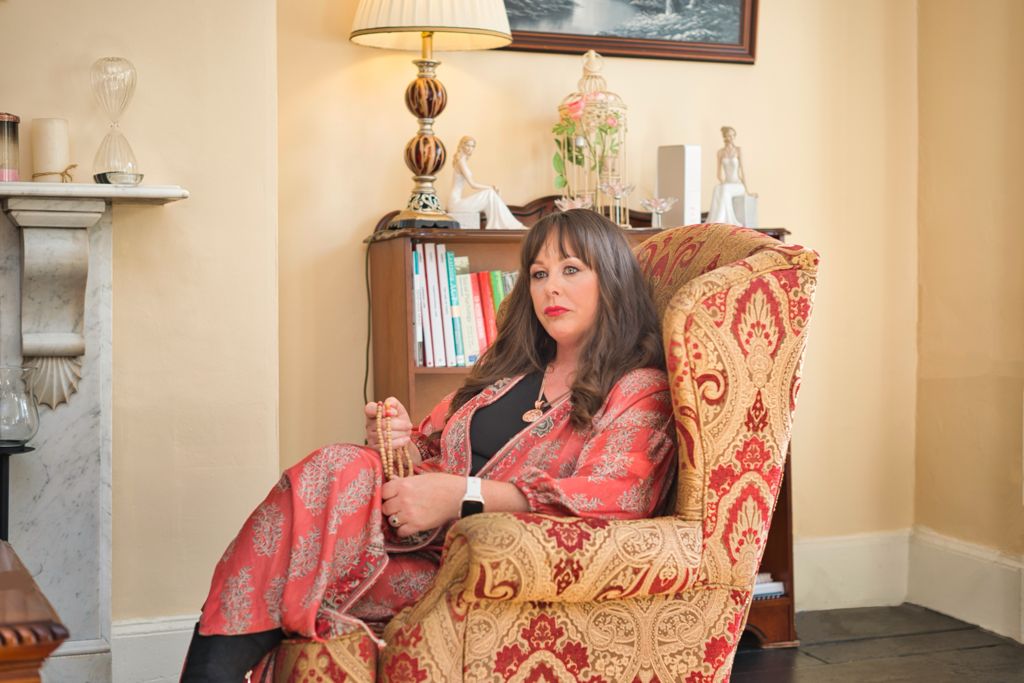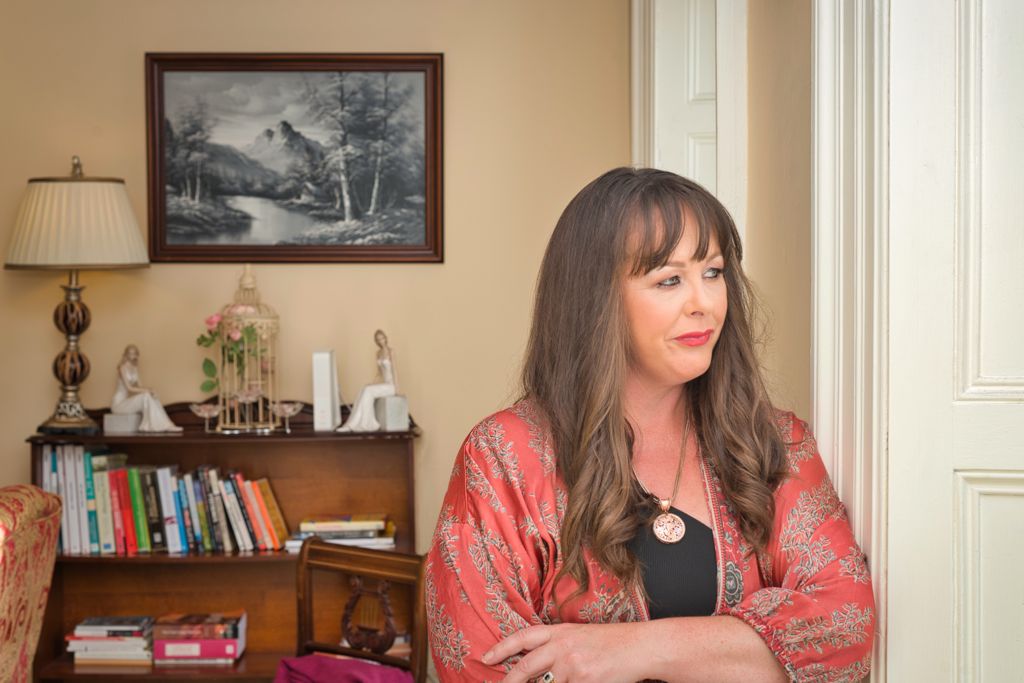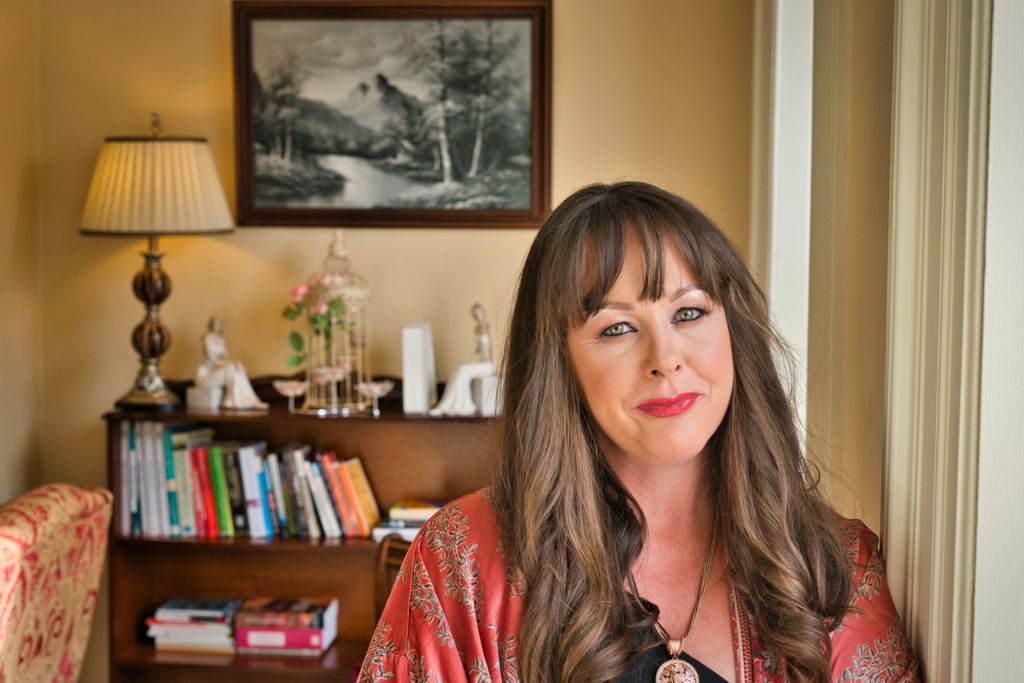Forgiveness is a universally difficult concept. Often the victim of the wrongdoing, whether it’s through physical abuse, war, or rape, feels that they are somehow condoning the act of aggression that has been committed. Isn’t it weak to simply say that you are willing, in some way, to let an offense go?
Experts, however, say this is the wrong way to view the act of forgiveness. Most specialists agree that forgiveness is important for at least two powerful reasons: it helps the injured party get a better perspective on the whole event and greatly reduces the negative feelings that can metastasize into more serious forms of physical and mental illness—depression, self-harm, and suicide are all devastating ramifications of abuse.
It takes greater strength to forgive
On both sides of the fence—those who have been victims, and those who have meted it out— forgiveness offers emotional, physical, and spiritual healing. Some would say that it actually takes more strength to forgive. The easy choice would be to succumb to anger, bitterness, and hopelessness and remain trapped by the transgression someone inflicted on you.
Forgiveness bolsters the immune system

The clichéd assertion that the only person unforgiveness hurts is you, turns out to be scientifically true. By holding on to your anger, you’re much more likely to experience a negative outcome physically and emotionally.
Psychologists report that people who practice forgiveness tend to have decreased levels of anxiety, depression, and outbursts of anger. In fact, if you take a blood sample from a person who has practiced forgiveness, they will tend to have a lower white blood cell count. This suggests that the immune systems of those who have chosen the path of forgiveness are likely to function much better. Conversely, if you’re harboring unforgiveness, you can actually suppress your vital immune functions: you’re literally hurting yourself.
The dark path of suffering
‘Soulution therapist’ and motivational speaker, Karen Whelan, has both personal and professional experience of the profound effects of forgiveness. In her teenage years, she was the victim of devastating physical and sexual abuse at the hands of her father. The pain this inflicted led her down a dark path of suffering, self-loathing, and hatred. Like many victims of abuse, the psychological torment became so acute that she considered taking her life. At the age of 14, Whelan attempted suicide but was thankfully unsuccessful. She says, “I got lost on a path of victim-consciousness; I was consumed by self-hate and thought that the solution was to end it all. I stopped trusting everyone and my ‘light’ got buried under toxic defense mechanisms.”
Breaking the cycle of abuse

It was later that Whelan became convinced she needed to confront her father, and tormentor, to end the cycle of trauma. She approached her father, contrary to the advice of some of her inner circle, and discovered, in that single act, one of the most transformative encounters of her life. It not only unburdened her of years of anger, fear and torment but it also gave her father permission to forgive himself.
Like many abusers, it transpired that her father had also been abused as a child. The encounter enabled him to finally come to terms with his painful past. In confronting her father, and banishing her demons, Whelan is clear that she not only changed the course of her life, and her father’s, but she also made what she describes as a ‘generational intervention’. The spectre of abuse that had overshadowed her family was finally brought into the light and dealt with, once and for all.
‘Unbecoming’ your damaged self
However, it took another 20 years of work, training as a psychotherapist, for Whelan to ‘unbecome’ the persona she had spent so many years establishing. She explains, “I had to relearn how to see through the eyes of innocence. I saw how forgiveness allowed me to heal from the impact the abuse had on me. I wasn’t stuck in the story; I was always able to be free because I was liberated within: redeemed. I saw that forgiveness is not weakness; it’s not saying the person was entitled to do what they did, which is what some uninformed people had once suggested. I returned to myself, trusted in my inherent wisdom. Most importantly, I forgave Karen for turning her back on herself.”
Whelan has turned her personal trauma into a powerful vocation, leading others out of pain. She says, “I have an innate ability to see beyond the story that clients present, and cling to within themselves. That moment with my father—the soul’s recognition of another soul—has gifted me to see my clients not through my physical eyes but through my ‘psychic eye’. I worked at coming home to Karen and overcoming self-hate at a deep level. Now I can bring clients into loving their true authentic self.”


